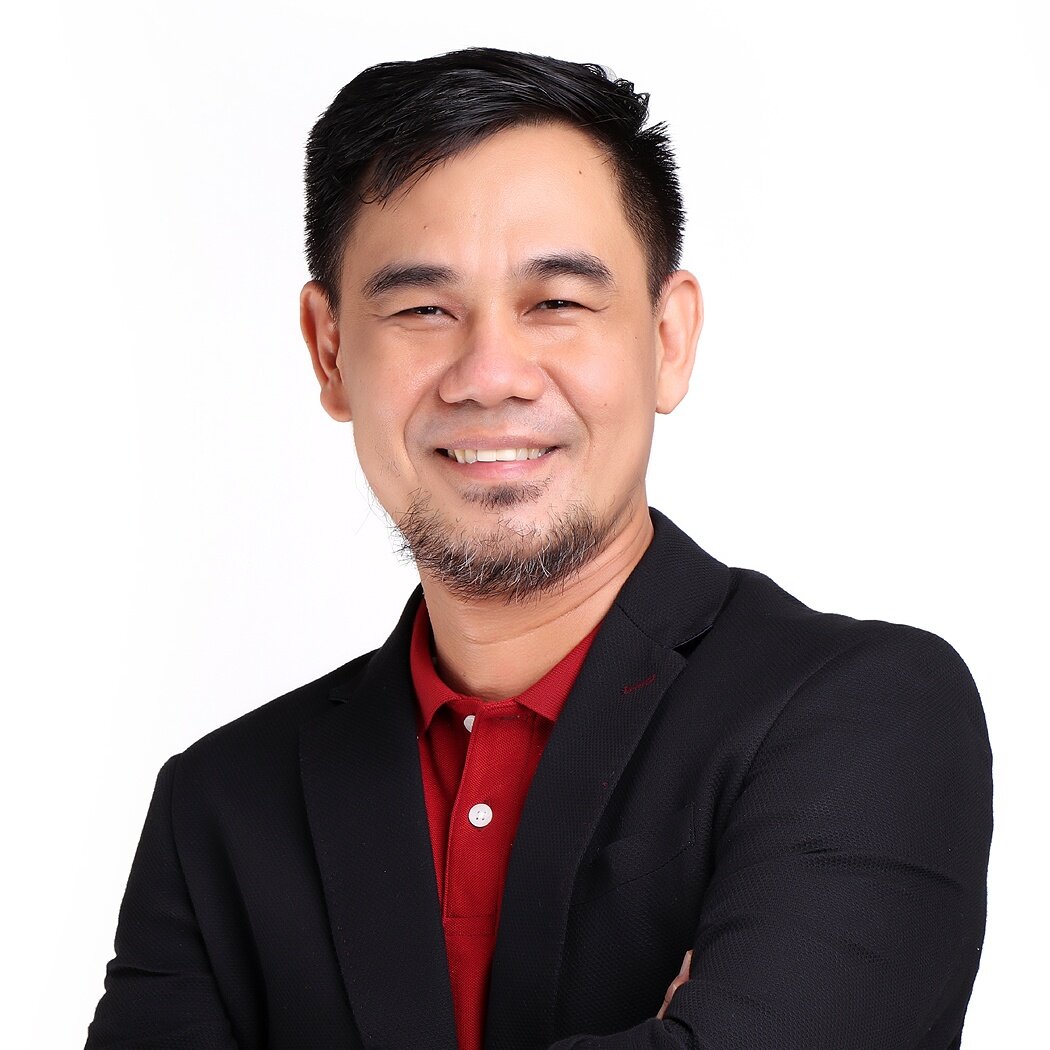Shermon chats about history, culture, gross national cool and how the story of Rip Van Winkle is a great way to introduce futures thinking.
Shermon Cruz is the Co-founder of the Philippine Futures Thinking Society. Hear about his journey from Political Science to UNESCO Global Futures. His is a mission to embrace a conversation about risk and to work with the specific narratives of different communities. He has an abiding passion for Causal Layered Analysis and is the joint author of the Disruption Game.
Interviewed by: Peter Hayward
More about Shermon
LinkedIn: Shermon Cruz
Twitter: https://twitter.com/ShermonCruz
Website: www.engagedforesight.com
Website: www.philfutures.net
Website: http://apfn-hiraya.com/
References
What is Futures Literacy and Why Futures Thinking? The goal in futures thinking is to make sense of thinking and meaning in questioning and disturbing the way we anticipate the future. The values and the stories that we create and share with others, personal or collective, create futures. https://www.engagedforesight.com/what-is-futures-thinking-why-futures-literacy/
The Causal Layered Analysis Reader (2004). This is the first CLA Reader which presents Causal Layered Analysis as a new theory and method within futures studies. The edited collection is divided into five parts which include theoretical context, methodological comparisons, case studies, a discussion on CLA as an evolving methodology and appendices to help in the research and action learning process. https://www.metafuture.org/product/the-causal-layered-analysis-reader-2004/
Development Academy of the Philippines Futures Thinking Course. The top leadership school in the country, the Development Academy of the Philippines Graduate School of Public and Development Management (DAP-GSPDM) recently launched its certificate course on futures thinking. https://www.engagedforesight.com/daps-certificate-course-on-futures-thinking/
Co-creating a Climate Resilient World and Beyond. What might a day in the life of a person feel like in a climate-changed world? If you were to wake up in a climate-resilient futures ala Rip Van Winkle say in the year 2050 and was given the privilege to ask at least ten questions, what questions would you ask? What might a climate-changed future be or how might a climate resilient world look like from a futures standpoint? https://www.engagedforesight.com/co-creating-a-climate-resilient-world-in-2030-and-beyond/
Topics referred to
BTS hit 'Dynamite' worth $1.4 billion to South Korea – government. The study by South Korea's Ministry of Culture, Sports, and Tourism, and a government tourism institute projected that the track would generate 1.7 trillion won ($1.43 billion) of economic activity and nearly 8,000 new jobs. https://rappler.com/entertainment/celebrities/bts-hit-song-dynamte-worth-billions-south-korea
Pia: Futures Thinking will be crucial to policymaking in the 'new normal'. This was the key takeaway of Senator Pia S. Cayetano from the first virtual public hearing she conducted in the Senate which invited futures thinking experts who talked about the effects of the COVID-19 pandemic and what the future holds for the Philippines and the world. http://legacy.senate.gov.ph/press_release/2020/0514_cayetano1.asp
Peering into the Futures of Liberal Arts. This paper peer into the futures of liberal arts and articulates numerous contexts engaged in shaping the futures of liberal arts. It sought to answer the following questions: Are liberal arts likely to face extinction? Are there other liberal arts contexts other than the Western liberal arts model? Is there such a thing as a non-Western framework of liberal arts education? And can it be renewed, reinterpreted, redefined or translated in the context of the other, beyond the Western tradition? If so, what are its nuances, constraints, intricacies, hopes, and futures? What are the futures of non-Western and Western liberal arts models? https://jfsdigital.org/articles-and-essays/2012-2/vol-16-no-3-march/article/peering-into-the-futures-of-liberal-arts/
ASEAN 2030: Dire Disruptions and Anticipated Possibilities. Over 150 futurists, policymakers, and academics met in Bangkok for the 5th Annual Asia-Pacific Futures Network Conference to explore these and other questions. Topics included the possibility of an Asian Confederation, emerging pandemics, the importance of horizon scanning for security forces, and the need to build risk assessment into scenarios and preferred futures. https://jfsdigital.org/2020/08/28/asean-2030/?fbclid=IwAR0EyTp7gbLEFJUYzyrO17PvtFWoMU7d5tpk-m7-IfvtNvNNXGmobDVX-9o
Regenerating Asia 2050: Using Futures Literacy to Transform Governance, Culture, and Economy November 19-21, 2020. The global pandemic has disrupted the way policy-makers, researchers, decision-makers, business leaders, innovators, and strategists perceive and envision the future today, can Asia learn better, embed culture and use futures literacy to transform ways of knowing, imagining and creating alternative, preferable and emergent future worlds? What has changed, or perhaps what has emerged within the field and practice of foresight? Has the Asian way of learning and doing anticipatory thinking and governance arrived? http://apfn-hiraya.com/asia-pacific-futures-network/


